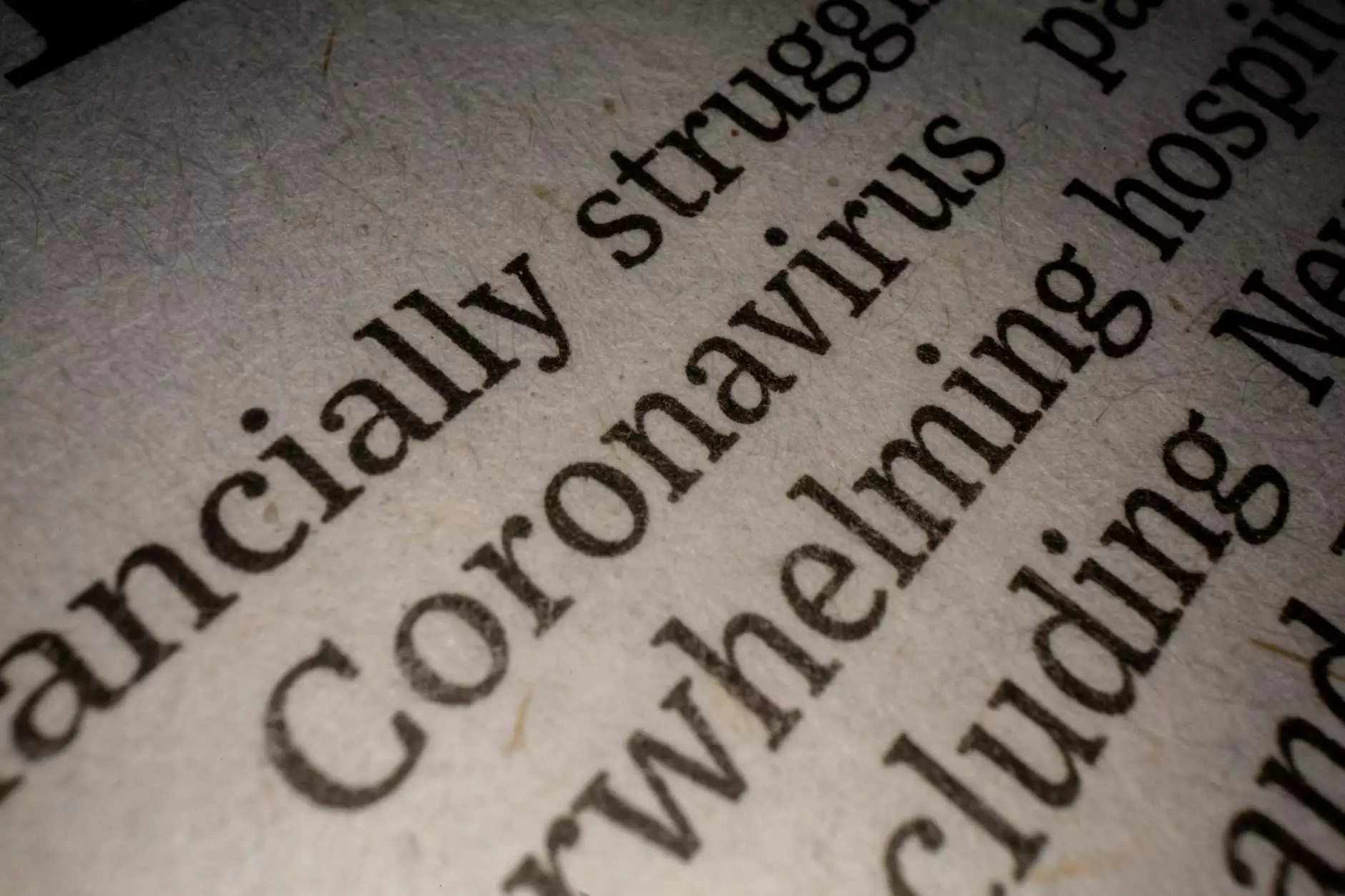How to Stay Out of Credit Card Debt for Good
Higher Education and Research Infrastructure
Introduction
Welcome to Social Service of America, a trusted source of financial guidance and assistance in the community and society of philanthropy. In this article, we will provide you with valuable insights on how to stay out of credit card debt for good. Managing your finances responsibly is essential to your overall financial well-being, and we are here to support you every step of the way.
The Dangers of Credit Card Debt
Credit card debt can quickly become a significant burden if not managed properly. High-interest rates and late payment fees can add up, making it challenging to pay off the balance. Moreover, accumulated debt can negatively impact your credit score, making it harder to secure loans or obtain lower interest rates in the future.
1. Create a Budget and Stick to It
One of the most effective ways to stay out of credit card debt is by creating a realistic budget. Establish financial goals and allocate your income accordingly. Prioritize essential expenses such as housing, utilities, and groceries. Set aside a portion of your income for savings and emergency funds. By knowing where your money is going, you can avoid overspending and accumulating unnecessary debt.
2. Pay More Than the Minimum Balance
When paying your credit card bills, try to pay more than the minimum balance required. Minimum payments often only cover interest charges, leaving the principal balance untouched. By paying more, you can reduce your debt faster and save money on interest over time.
3. Prioritize High-Interest Debt First
If you have multiple credit cards with varying interest rates, focus on paying off the card with the highest interest rate first. This strategy, also known as the "debt avalanche method," can help you save money on interest payments in the long run. Once you have paid off the high-interest debt, allocate the extra funds towards the next highest interest card.
4. Avoid Impulsive Purchases
In a world of online shopping and easy access to credit, avoiding impulsive purchases is crucial to staying out of credit card debt. Before making a significant purchase, take the time to evaluate if it aligns with your budget and financial goals. Consider waiting for a day or two before making a decision. This waiting period helps prevent impulse buying and allows you to make more informed choices.
5. Use Cash or Debit Cards for Non-Essential Expenses
Consider using cash or debit cards instead of credit cards for non-essential expenses. By using cash, you have a tangible understanding of how much you are spending, and it can help you limit unnecessary purchases. On the other hand, using a debit card ensures that you are spending within your available balance, reducing the risk of falling into credit card debt.
6. Build an Emergency Fund
Having an emergency fund is crucial to avoid relying on credit cards during unexpected financial challenges. Set aside a portion of your income regularly to build an emergency fund that will cover at least three to six months of your essential expenses. Having this safety net allows you to address unexpected costs without accumulating debt.
7. Seek Professional Financial Advice
If you find yourself struggling with credit card debt or managing your finances, seeking professional financial advice can provide valuable insights and guidance. Social Service of America offers financial counseling services to help individuals navigate through their financial challenges. Our dedicated team of experts can provide customized strategies and support to ensure long-term financial stability.
Conclusion
Staying out of credit card debt requires discipline, effective financial planning, and responsible spending habits. By following the strategies outlined in this article, you can take control of your finances and avoid the pitfalls of credit card debt. Social Service of America is committed to providing the community with trusted resources and support to achieve financial well-being. Remember, a debt-free future is within your reach!










